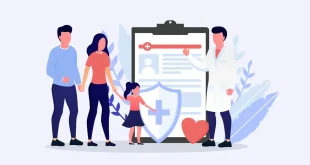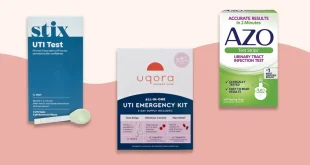Ensuring food access for everyone experiencing food insecurity is a challenge that can only be achieved through collaborative efforts.
In New York City, a staggering 1.4 million individuals currently experience food insecurity and often don’t know where their next meal is coming from. While food pantries and food banks have mobilized to try and meet this need, the pandemic laid bare a harsh reality: Food insecurity does not exist in isolation, and getting food to our neighbors in need is an immense challenge. This was true before the pandemic, and it will continue to be the case in the years to come as emergency food providers must grapple with rising costs of food amid ever-increasing demand.
These sobering figures should be a clarion call to action for New York City: Fully serving our communities is only going to be possible if we leverage new tools that broaden access to food and build on the work being done by those on the front lines in the fight against hunger.

Food insecurity has long been one of New York City’s most pressing challenges, but the pandemic and rapid inflation have compounded the crisis. More than 60% of New Yorkers recently surveyed by No Kid Hungry say it is harder now to afford groceries than before the pandemic, leading many to make difficult choices when it comes to their ability to put food on the table.
And while hunger is something that touches every borough, it is felt most acutely for those in under-resourced neighborhoods. Even just getting to a food bank or food pantry can be incredibly challenging for many of the households living on the margins. Breaking down long-standing barriers like these will require pursuing innovative solutions to help the millions of New Yorkers who are struggling each and every day to feed themselves and their families.
That’s why our organizations launched a new partnership this year to ensure households across Brooklyn and Queens receive the food they need by bringing meals directly to their homes through Project DASH, an initiative to empower community organizations to leverage Door Dash logistics and in-kind delivery services to increase food access in their communities. Our partnership kicked off by delivering kosher food right to households experiencing food insecurity from the Orthodox Jewish community in Brooklyn, helping to support more than 173,000 meals being delivered in just a few weeks around Passover that meet the holiday’s dietary restrictions.

Despite the progress we’ve made, it is clear that we all have more work to do.
We applaud Mayor Adams’ quick action on food policy in New York and change what has been the status quo for far too long. The executive actions he took in his first months as mayor to broaden access to nutritious food demonstrates the new administration’s commitment to a healthier New York, and we have already seen it drive change. It is our hope that stakeholders across the city will be inspired by Mayor Adams’ leadership and join the effort to advocate for further actions that emphasize the importance of access to healthy food for all New Yorkers as essential for their health and well being – and do so in a way that promotes convenience, dignity and respect.
As New Yorkers, we all can agree that in one of the most generous and innovative cities in the world, no one should go hungry. There is no cure-all to this complex problem, but addressing it must include using modern solutions to develop a more efficient, more coordinated and more sophisticated approach.
Ensuring food access for everyone experiencing food insecurity is a challenge that can only be achieved through collaborative efforts. The success of our partnership should inspire more city agencies, businesses and community leaders tore imagine how they approach their work to fight food insecurity and get involved with initiatives like Project DASH to help expand access to healthy, culturally appropriate and nutritious food and meet our most vulnerable New York neighbors where they are.
 The Care Up
The Care Up




